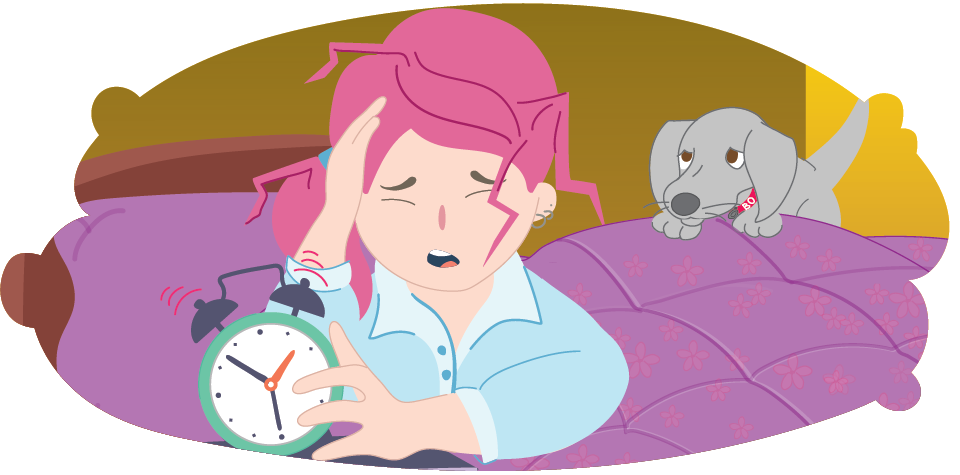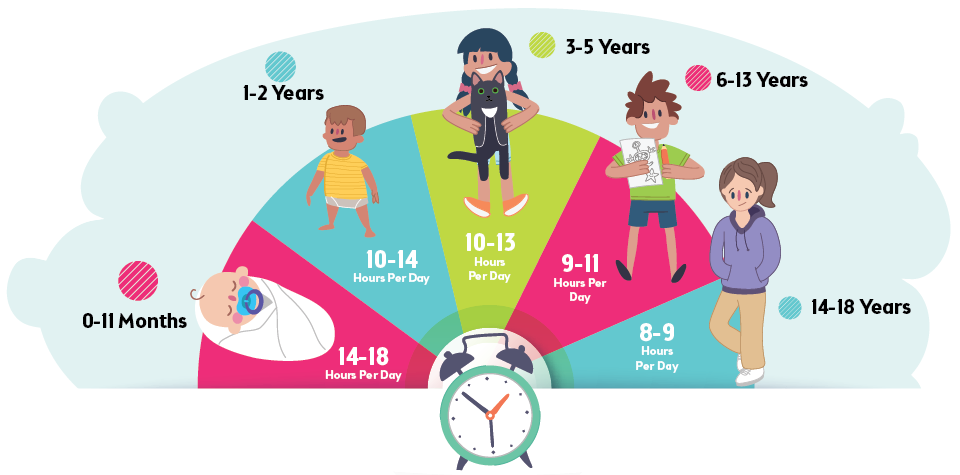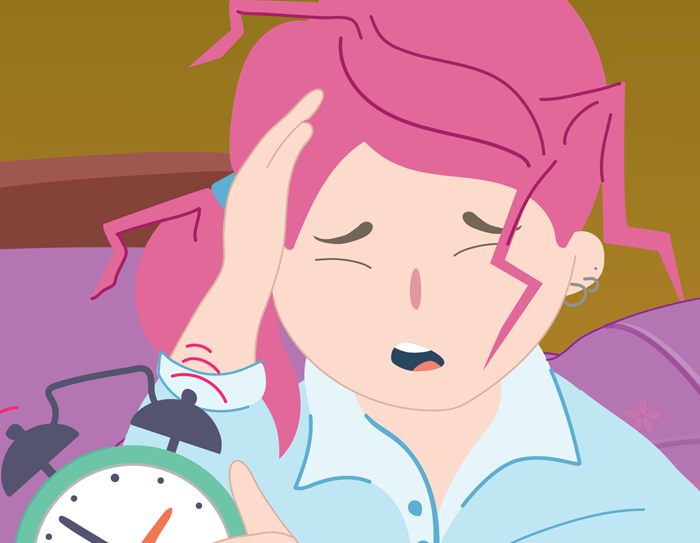What happens when your kids don’t get enough sleep
Getting the right amount of sleep is important for kids' developing body and wellbeing. Find out how much sleep your child needs and the impacts of not getting enough.

What’s so important about sleep?
For a growing body, sleep is just as important as nutrition and exercise
Sleep is vital for kids' health, development and wellbeing. It helps them to stay healthy, grow, learn and do well in school. Sleep physically restores their body, improves brain function and mental health.
Kids of all ages need to get enough sleep so they can play, learn and concentrate during the day.
Not getting enough sleep can have a big impact on your kids – behaviourally, mentally and emotionally.
Most kids don’t get enough sleep as they’re often busy with school, study, sporting and social commitments.
How much sleep is enough?
Recommended hours of sleep per night can vary depending on age. Every kid is different, so take time to figure out what works best for your kid. Here’s a guide:
0-11 months - 14-18 hours per day
1-2 years - 10-14 hours per day
3-5 years - 10-13 hours per day
6-13 years - 9-11 hours per day
14-18 years - 8-9 hours per day

The impact of lack of sleep
Sleep problems are some of the most common issues faced by parents. When kids don’t get enough sleep over a period of time, the following behavioural, cognitive (mental) and emotional symptoms can occur:
Sleepiness during the day
Issues with study and socialising
Irritability and moodiness
Shorter attention span
Lack of concentration and focus
Increased forgetfulness
Reduced academic performance
Lack of interest and motivation
Difficulty learning new information
Difficulty regulating emotions
Increased emotional problems
Reduced immune system
Poorer memory
Increased impulsivity
Higher risk of accidents
Increased stress
Higher levels of obesity
Decline in mental health
The challenge for kids and their parents is understanding the need for sleep and its restorative powers, and factoring into their busy lives sufficient time for good sleep.
How to support healthy sleep habits
There are many things you can do to help your kids get good quality sleep as often as possible:
When sleep problems become a concern
If sleep problems persist it’s important to see a healthcare professional.
Many kids grow out of sleep problems. However if they’re a persistent concern, professional assistance might be needed to help you figure out what might be going on.
Need more support with this? Try calling Parentline in your state or territory.
Check these out too:
Anxiety in kids and teens
Parenting a child with anxiety is tough, but you don't have to ...
READ MEDepression in kids and teens
You might be unsure whether your child is just sad or if ...
READ MEMy child struggles with mental health
It's hard to know how to help your child when they're having ...
READ MEHow Parentline can help you
Parenting can be a tough job but also really rewarding. Talking to ...
READ METalking helps! We’re here for your kids.
No problem is too big or too small.
We're here 24 hours a day, 7 days a week






